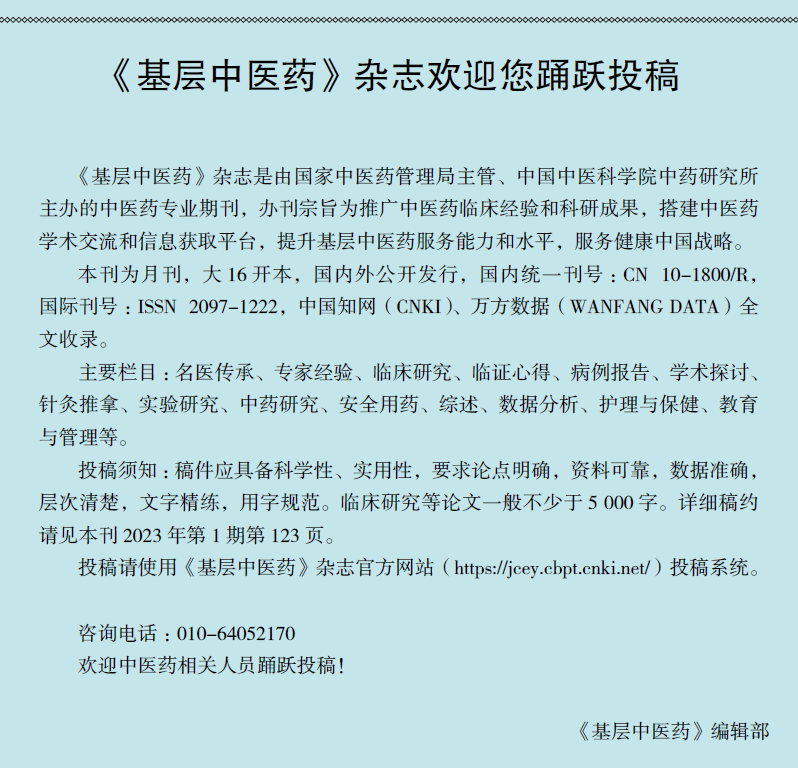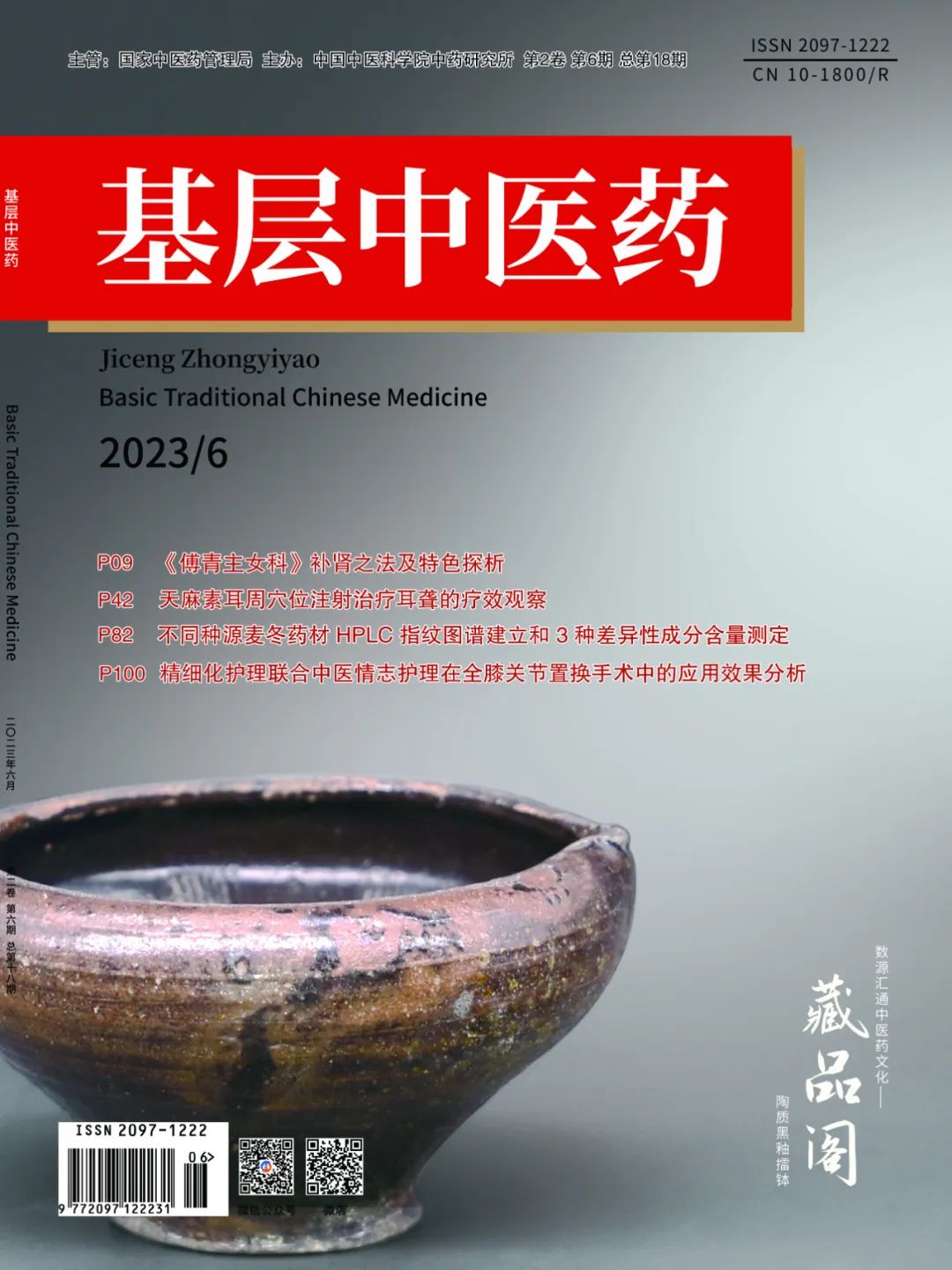In Traditional Chinese Medicine (TCM), emotional and psychological issues leading to disease are not limited to anger. It is commonly said in TCM that excessive emotions, referred to as 七情 (qī qíng), can be detrimental to health. This concept suggests that any emotion, even joy, should not be excessive, as it can become a risk factor that may lead to physical illness.
What are the 七情? Many people might first respond with joy, anger, sorrow, and happiness, but in TCM, the 七情 refers specifically to the seven emotions: joy (喜, xǐ), anger (怒, nù), worry (忧, yōu), contemplation (思, sī), sadness (悲, bēi), fear (恐, kǒng), and shock (惊, jīng).
There are other interpretations of these emotions, such as joy (喜, xǐ), anger (怒, nù), sorrow (哀, āi), fear (惧, jù), love (爱, ài), hatred (恶, wù), and desire (欲, yù).
Normal emotional fluctuations are common to everyone, but excessive emotions, whether sadness or joy, can be harmful to both body and mind. The Huangdi Neijing (黄帝内经) clearly states, “Anger causes qi to rise, joy causes qi to relax, sadness causes qi to dissipate, fear causes qi to descend, shock causes qi to become chaotic, and contemplation causes qi to stagnate.”

Anger Causes Qi to Rise
Excessive anger can cause liver qi (肝气, gān qì) to rebel and rise, leading to blood (血, xuè) following the rebellious qi upwards. Clinically, this can manifest as qi rebellion, facial redness, eye redness, or even vomiting blood, and in severe cases, fainting. The Suwen: Shēngqì Tōngtiān Lùn (素问•生气通天论) states: “Great anger can cause the qi to be exhausted, and blood to rise, leading to fainting.” The Suwen: Jǔ Tòng Lùn (素问•举痛论) further states: “Anger causes qi to rebel, and in severe cases, can lead to vomiting blood and diarrhea.” This means that great anger can trigger cerebrovascular diseases and gastrointestinal disorders.
Joy Causes Qi to Relax
This includes both the alleviation of tension and the dispersal of heart qi (心气, xīn qì). Under normal circumstances, joy can ease mental tension and promote the smooth flow of qi and blood (气血, qì xuè), leading to a pleasant mood. The Suwen: Jǔ Tòng Lùn states: “Joy harmonizes qi and allows the will to be fulfilled, thus qi is relaxed.” However, excessive joy can scatter heart qi, leading to a lack of focus and even symptoms of mental disarray. Is excessive joy beneficial to health? Joy can harm the heart; excessive joy is detrimental to health, as illustrated in the story of Fan Jin, who became mad from excessive joy after passing the imperial examination.
Sadness Causes Qi to Dissipate
Excessive sadness can lead to lung qi (肺气, fèi qì) depression, resulting in a lack of will and depletion of lung qi.
Fear Causes Qi to Descend
Excessive fear can cause kidney qi (肾气, shèn qì) to become unstable, leading to qi leakage downwards, which can clinically manifest as incontinence; or unresolved fear can damage essence, resulting in symptoms such as bone pain, weakness, and nocturnal emissions.
Shock Causes Qi to Become Chaotic
Sudden shock can leave the heart without a resting place, the spirit without a home, and the mind without focus, leading to panic and confusion.
Contemplation Causes Qi to Stagnate
Excessive contemplation can exhaust the spirit and damage the spleen (脾, pí), leading to qi stagnation. Overthinking not only depletes the spirit but also affects spleen qi. Yin blood (阴血, yīn xuè) may be depleted, leading to heart palpitations, forgetfulness, insomnia, and vivid dreams; qi stagnation can obstruct spleen function, resulting in poor digestion, abdominal distension, and diarrhea.
When discussing the 七情, it is important to understand that these emotions are merely a conventional TCM classification and do not encompass all human emotions. For instance, jealousy is not included in the 七情, yet some individuals may experience strong feelings of jealousy, deriving a psychological satisfaction from the misfortunes of others. This is detrimental to both oneself and others. While it may be understandable to harm others for personal gain, jealousy often leads individuals to act in ways that are harmful to both parties.
Jealousy is difficult to arise between strangers; it often occurs among close individuals such as classmates, friends, colleagues, fellow townspeople, comrades, and even relatives or siblings. A book from the Ming Dynasty called Caigen Tan (菜根谭) describes jealousy as follows: “The heart of jealousy is more intense among kin than among outsiders.” Excessive jealousy is certainly detrimental to health. I have heard people say that their wives are very jealous, stating: “Don’t mention others’ wealth in front of my wife; she cannot hear that others are richer than herself!” Some even say, “I can’t stand it when someone drives past me; I feel anxious and must overtake them!” These phenomena are all manifestations of jealousy!
What Diseases Can Emotions, Psychology, and Stress Cause?
Improper regulation of the 七情 can easily damage physical and mental health. The Huangdi Neijing states, “When the master is clear, the body is at peace,” meaning that the heart is the master of the body, and if a person has good emotions and psychological regulation, other organs will function normally, making it less likely for the body to become ill. Conversely, “When the master is unclear, the twelve organs are at risk,” indicating that if psychological and emotional issues arise, the twelve organs (here referring to the heart, lungs, liver, gallbladder, pericardium, spleen, stomach, large intestine, small intestine, kidneys, sanjiao, and bladder) may be in danger, potentially leading to various health issues.
For example, leading to immune system diseases.
Immune system diseases are complex and difficult to treat, often referred to as difficult miscellaneous diseases, such as rheumatoid arthritis, Sjögren’s syndrome, systemic lupus erythematosus, ankylosing spondylitis, Behçet’s disease, scleroderma, and connective tissue diseases. The etiology of these diseases is complex, likely related to genetics, environment, and more, but psychological and emotional factors also play a significant role in their treatment and cannot be overlooked.
They may also lead to respiratory system diseases.
Purely psychological factors leading to respiratory system diseases are rare, but psychological factors can indeed trigger respiratory diseases or exacerbate existing respiratory conditions. Conditions such as bronchial asthma, hyperventilation syndrome, psychogenic dyspnea, and neurogenic cough are all related to psychological factors to varying degrees.


Supervised by the National Administration of Traditional Chinese Medicine
Organized by the Institute of Chinese Medicine, Chinese Academy of Medical Sciences
Traditional Chinese Medicine Knowledge Health and Wellness Information



Copyright of this article belongs to Family Traditional Chinese Medicine. Unauthorized reproduction or excerpt is prohibited. Image copyright belongs to the original author.
Herbs and formulas mentioned should be used under the guidance of a physician.
Author of this article:Zhang Xueliang
Editor of this article:Zhaoyang


